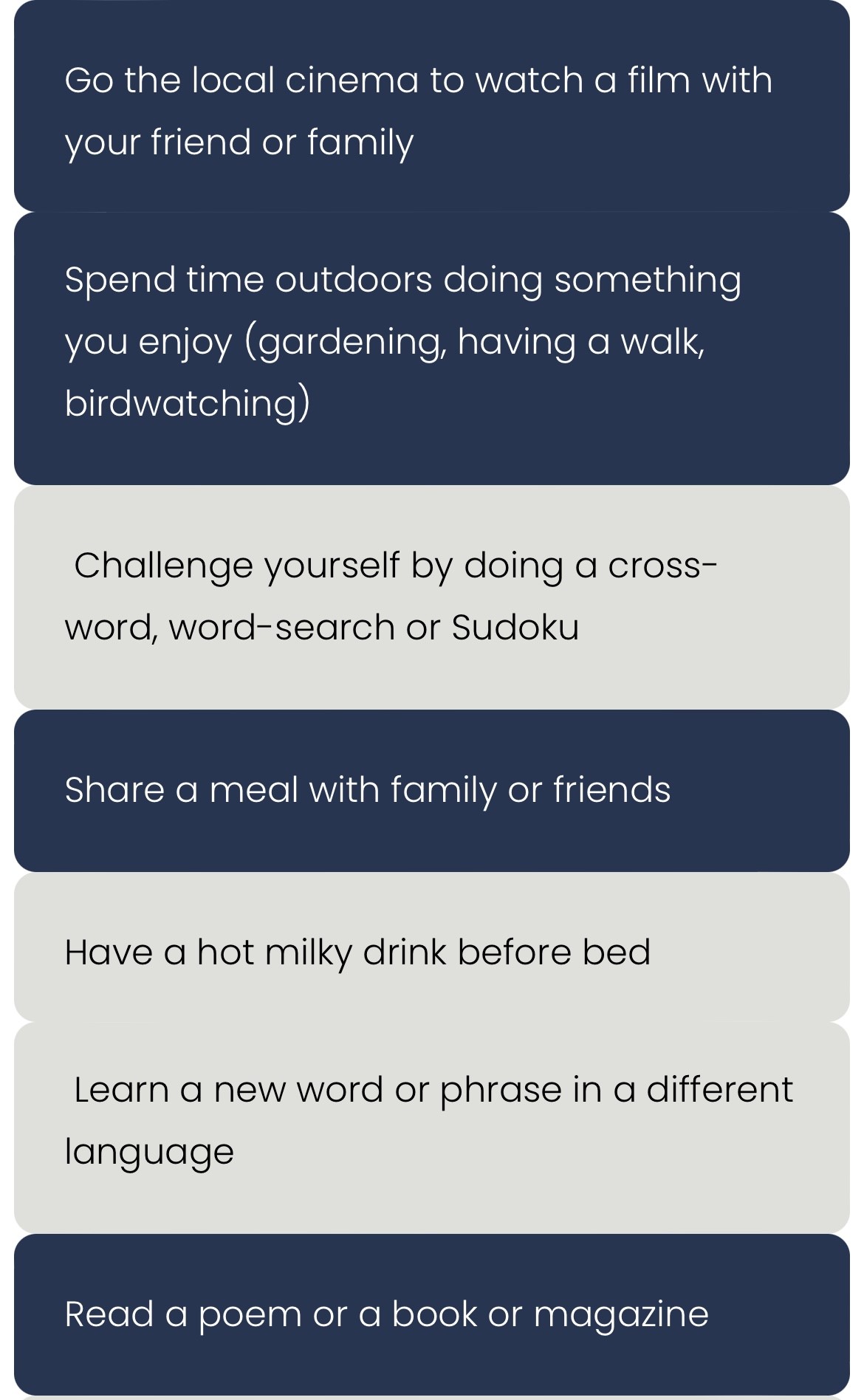[ad_1]
Brain Awareness Week is a global campaign to foster public enthusiasm and support for brain science. This year’s theme is: “Never too early, never too late” and with this theme we are highlighting how people of all ages can take care of their brains. For all of us, the week is an opportunity to spread key messages of prevention and practical ways people can look after their brain health.
If we eat, exercise and sleep well we can help keep our brains healthy and fuelled with oxygen and nutrients. No matter our age, we need to stimulate our brains by being with people and learning new skills. And it is crucial we manage stress to stay as calm as possible at home and work. Allied health professionals have an important role in supporting brain health, by sharing our expertise and public health messages. Allied health professionals can support people to eat well, take part in physical exercise, offer ideas on how to improve sleep, support people to engage in mindfulness and support people to try something new. In our interactive website we have called our contribution to brain health “Lifestyle Matters”.
Lifestyle Matters
Everything is connected. How we feel, what we think and our physical health are all linked and evidence shows that the activities and occupations we engage with on a day to day all impact on our health and wellbeing. Many factors can affect our brain health and by making tiny adjustments to our lifestyle we can make a difference: maximising how we function and potentially preventing or delaying the development of some types of dementia.
CHAT. We offer ideas to start the conversation about lifestyle including
- What do you do on a day-to-day basis to relax?
What activities do you find particularly restorative? (having a bath, going for a long walk, spending time with family) How often are you able to these? - What activities give you a sense of purpose?
- What motivates you to get out of bed on a morning?
- How much of a balance do you think you have between the things you have to do and the things you want to do?
- When did you last try something new?
What helps or hinders trying new things? - How do you connect with others?,
TRY. Lifestyle matters and making tiny adjustments and embedding health promoting activities into routines can make a huge difference. This includes taking steps to eat and sleep well, taking time to connect with friends and family, challenging ourselves to learn new things and building in some physical activity throughout the day. Examples and ways of doing this can be found across this website and this theme offers a short introduction that will hopefully help you to begin to think about small changes you can make to keep well by taking steps to maintain good brain health. Try this lifestyle challenge. See how many elements you can achieve in the next few weeks?
PLAY. As more and more connections are made between brain health and dementia we are seeing an increasing number of online tools and quizzes to help check out your wellbeing. You will find some here
MORE. In this section you can read about ways to keep your brain healthy including the work of colleagues at Brain Health Scotland.
During the week why not take the brain health brain quiz or or sign up for Brain Health Scotland newsletter
“Never too early, never too late” to focus on your brain health.
[ad_2]
Source_link



